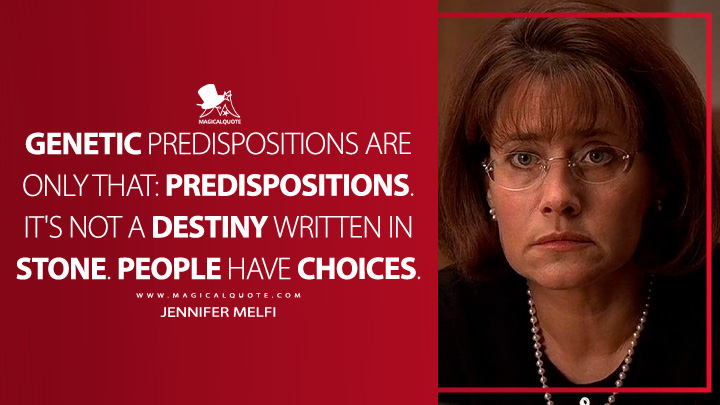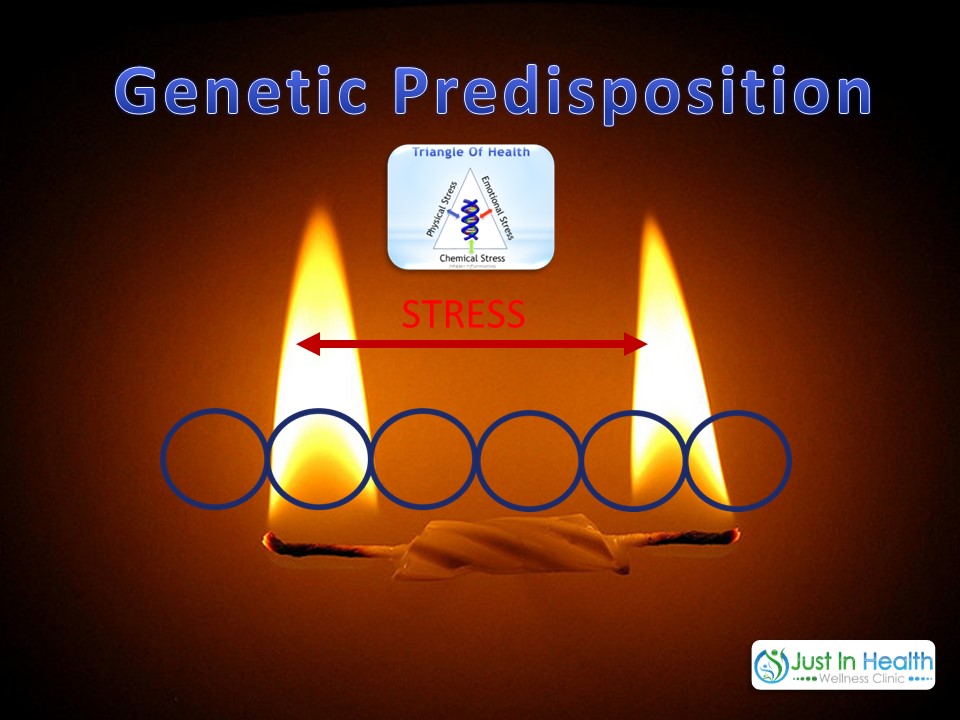Some people are genetically predisposed to see the world from a negative perspective most of the time

Some people are genetically predisposed to see the world from a negative perspective most of the time.

It is a common observation that different individuals may perceive and approach life in a variety of ways. While some people naturally tend to have a positive outlook, others may find themselves more inclined towards a negative perspective. Recent scientific research suggests that this inclination towards negativity could be rooted in genetic predispositions.
According to a study published in ScienceDaily, conducted by researchers at the University of British Columbia, there is evidence to support the idea that genetics plays a role in shaping an individual’s outlook on life. The study focused on the role of a specific gene, the ADRA2B gene, which is involved in regulating the neurotransmitter norepinephrine, known to be associated with stress and negative emotions.
The researchers found that individuals carrying a variation of the ADRA2B gene were more likely to perceive the world through a negative lens, even in neutral or positive situations. This genetic predisposition was linked to a higher sensitivity to negative stimuli and a stronger stress response.

It is important to note that while having a genetic predisposition towards negativity may influence an individual’s perspective, it does not mean that they are doomed to a life of negativity. Genetic predispositions are not determinative outcomes, but rather tendencies that can be modified through various factors, including social environment, personal experiences, and individual choices.
Understanding the genetic factors that contribute to a negative outlook can be beneficial in several ways. Firstly, it helps to destigmatize individuals who naturally tend towards negativity, recognizing that it may have a biological basis rather than being a mere personality flaw. Secondly, it highlights the importance of providing support and resources to individuals with a predisposition towards negativity, as they may require additional tools to navigate through life’s challenges.
Moreover, this research places an emphasis on the importance of promoting resilience and positive coping strategies as ways to counteract genetic predispositions towards negativity. By cultivating healthy habits such as practicing mindfulness, engaging in positive social interactions, and seeking professional help when needed, individuals can consciously work towards developing a more positive outlook, irrespective of their genetic predispositions.
In conclusion, genetics may indeed play a significant role in determining an individual’s predisposition towards perceiving the world through a negative lens. While genetic predispositions are not deterministic, acknowledging and understanding such factors can help create a more compassionate and supportive environment for individuals who struggle with negativity. By combining knowledge of genetic predispositions with conscious efforts towards cultivating a positive mindset, individuals can empower themselves to overcome their natural tendencies and embrace a more optimistic perspective on life.
Source: ScienceDaily
Share
Related Posts
Quick Links
Legal Stuff

